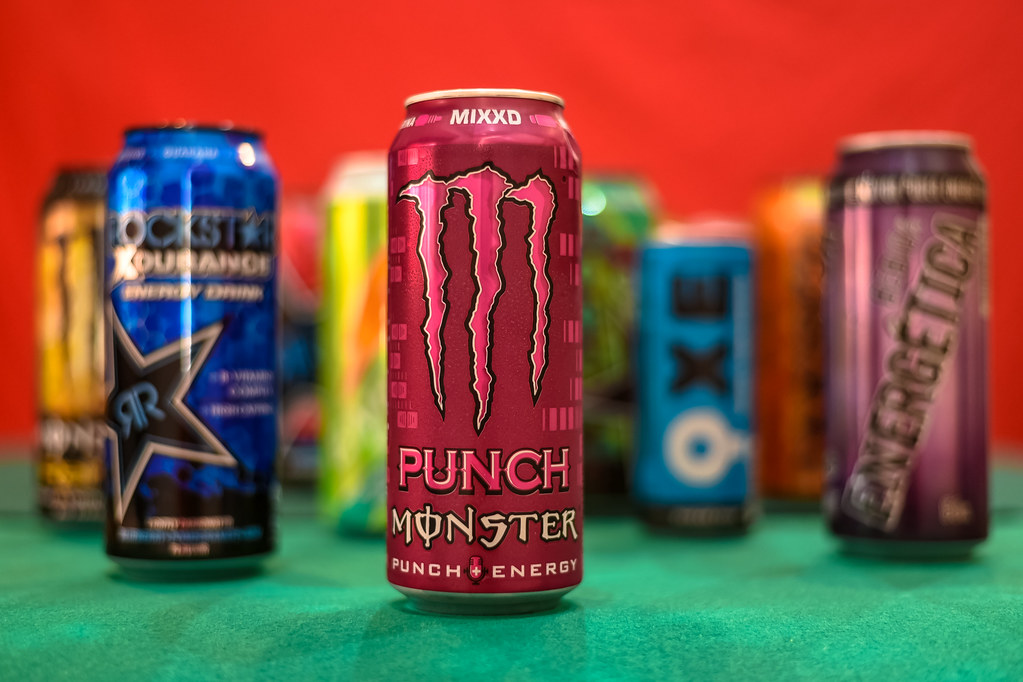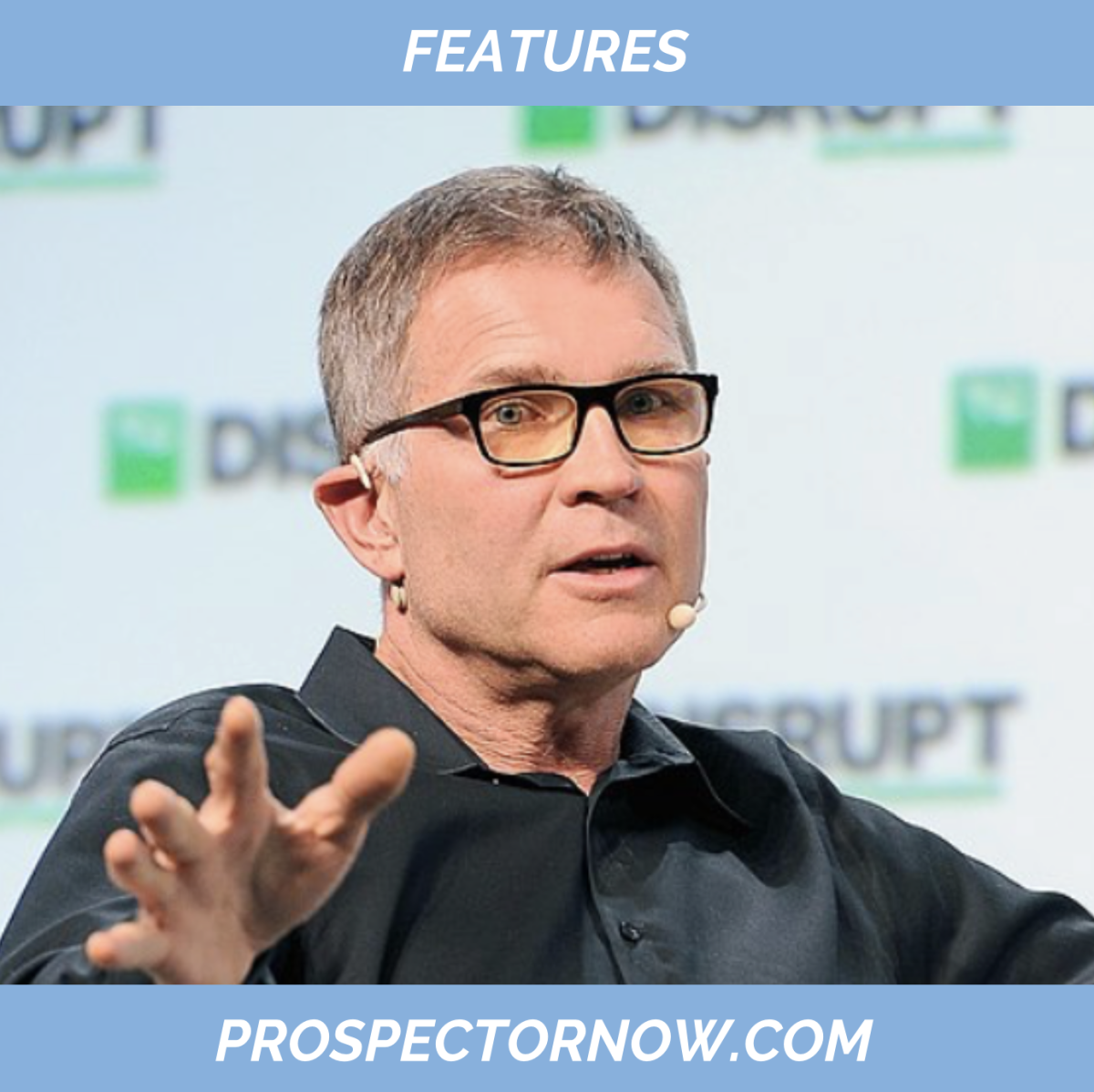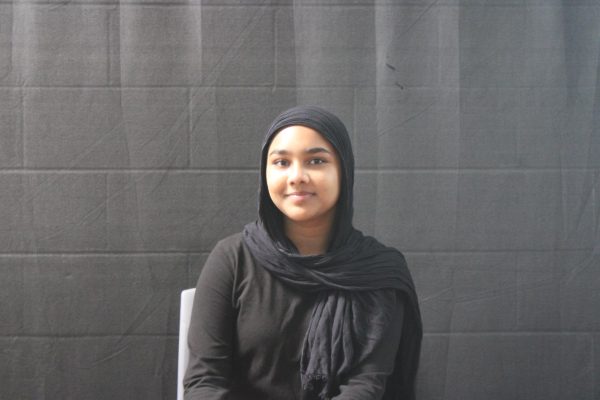It was a long busy weekend for Rosemary Heckard, a junior at Prospect. When Heckard had to wake up at 5:45 a.m. for her speech competition, she chose caffeine to stay awake throughout the day. She has one issue, she has chronic health conditions like Lyme disease and Ehlers-Danlos Syndrome causing the overconsumption of caffeine and malnutrition to cause her problems. Heckard has had many scary experiences with caffeine.
Heckard said, “With me, because of my chronic health conditions, whenever my heart rate goes super fast I go into things like episodes, where basically I get vertigo and I’m seeing spots and lay on the floor… and I will say when I was drinking no caffeine, eating no gluten, dairy, and sugar, I did not have a single episode. As soon as I brought those foods and caffeine back into my life, I have had those [episodes].”
So why does she still drink it?
Heckard said, “It [caffeine] does what it claims to do. You know, it increases energy but it also increases your adrenaline…and I know, in the long run, I can’t be drinking energy drinks my whole life because I read studies of how it is, they’re like so bad for you, and I don’t have a lens to see what happening inside my body… it’s like I don’t really think about it until now, when I’m talking to you.”
Prospect students who drink caffeinated beverages often get it from coffee or energy drinks. A survey of 438 responses displayed that 204 students drank coffee drinks and 209 drank different types of energy drinks, including Refreshers, Celsius, etc.
These caffeinated beverages, though shown to have dangerous amounts of caffeine if consumed regularly, show that caffeine isn’t always the root cause of the unhealthy factors of drinks. The additives are a common issue in the daily intake of popular drinks like Starbucks and Dunkin’ Donuts. Both nutrition information sites show that the more a drink is altered from plain coffee, the higher the calorie content is.
Health Teacher Michele Burnett agrees with this, “I’d rather a student not have the drink because of all the added sugars they’re having … They’re like ‘oh I just want to have a caffeinated drink.’ They’re not just getting caffeine from it, they’re getting all the sugar, and with our country having the most type two diabetics, that doesn’t help the fact that they’re not just getting caffeine. They’re getting calories. They’re getting sugar. They don’t need that. We already get too much sugar as Americans.” Burnett said.
Caffeine consumption among students has undergone great changes over time. As this fixation evolves, it shows large societal trends especially in young teens. As students, academic pressures increase and intensify students’ lives. Many of them then turn to caffeine in beverages as a quick and easy way to focus and stay awake. 77.9% of students reported positive responses to drinking caffeinated drinks.
”It keeps me focused… I’ll have a little bit of caffeine like vitamin waters with like 60 milligrams of caffeine…Sometimes I drink one of those with my dinner because if you’re really tired, it’s hard to do well on your homework. I just feel like it helped me perform better, as long as I don’t drink it too late, then I’ll be up all night, you know, you have to find a balance.” Heckard said.
Every student’s coping mechanism to stress is different, yet it isn’t unknown that people can misjudge the growing reliance on stimulants like caffeine. Particularly, with the appeal. Burnett said, “They make them [energy drinks] sweeter, so they what kids will buy and sugar sells. So anything sweet, that’s why kids don’t typically drink black coffee. They drink Starbucks and all kinds of sugary coffee drinks or Celsius. They don’t even realize they’re getting the caffeine.”
Because of her chronic health conditions, chronic Lyme disease and Ehlers-Danlos Syndrome, Heckard is very cautious of what she eats and drinks.
Heckard said, “The risk that I have, like drinking energy drinks, is probably why I should avoid caffeine … It’s really important for me to keep my immune system strong, like staying healthy … So I do have to be super careful when I drink caffeine because thankfully, I know my limit, however, I will say there’s so many people I know who don’t care.”
Heckard also said, “I did a whole heart rate test through Lurie Children’s a few years ago, and so what I did was I drank three cups of coffee and then I went on a mile run, and my heart rate went up to 206 [bpm], so it goes extremely high. So I have to be very careful whenever I drink caffeine.”
Burnett agrees that students often depend on caffeine, so much so that she said, “I don’t think the good things outweigh the bad, I’ve even had students tell me in class, ‘I have a seizure disorder and I can’t have any caffeine, you know?”
Traditionally, coffee has been an original source of caffeine for decades, being easily accessible and famous to this day. However, in recent years, energy drinks like Red Bull and Celsius have surged in popularity, promising exciting flavors and convenience. For students nowadays, this is an even more efficient way to get their daily caffeine intake for an immediate pick-me-up. Still, immoderate patterns of energy drink usage can have students underestimating the effects of high caffeine levels, like Tachycardia and anxiety.
According to the National Institute of Health, “The annual consumption of energy drinks in 2013 exceeded 5.8 billion liters in around 160 countries.” Energy drinks have continued to rise, earning a new reputation in the consumer world. The global revenue in the ‘Energy & Sports Drinks’ was forecast to continuously increase between 2023 and 2027 by 24.32% with a new peak in 2027.
These changes have altered the way caffeine has been consumed for years. There is not a huge disconnect between energy drinks and coffee though. The two drinks have had their share of fame around the world appealing to different consumers through popular advertising and publicity.
Heckard said, “Sometimes, we have to be at Prospect at 5:45 in the morning, and my parents weren’t awake by then, so they hadn’t made coffee yet. So that’s when I kind of discovered energy drinks on Amazon because like, Amazon has everything. I found energy drink ‘on the go’ packets, so I bought them to put in my water bottle, and then boom, it was so quick and easy.
Caffeine usage isn’t an atypical thread in modern society and is often a pleasing way for students to get together with friends and others. Even when people are unaware of it, it is always a great idea to assure individuals are doing the right thing and knowing what is right for their body whether they drink caffeine or not.









